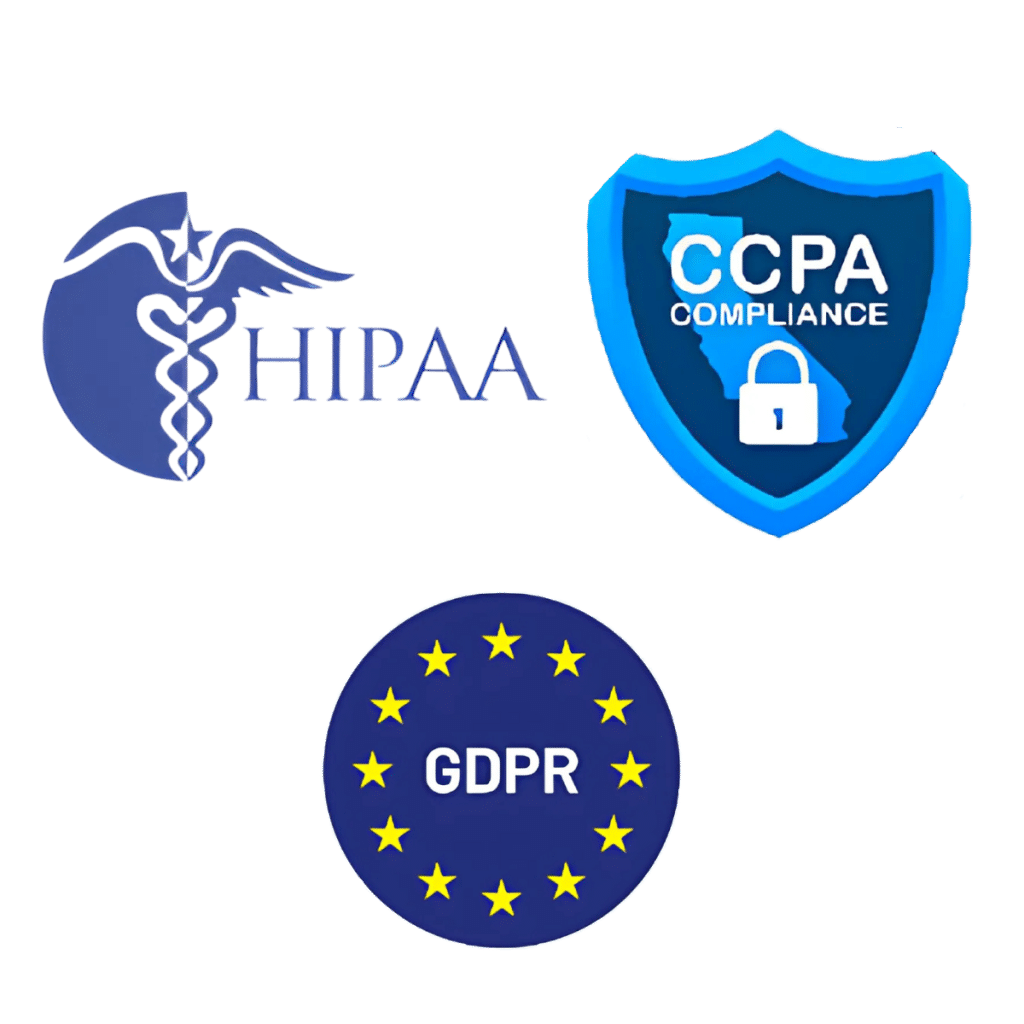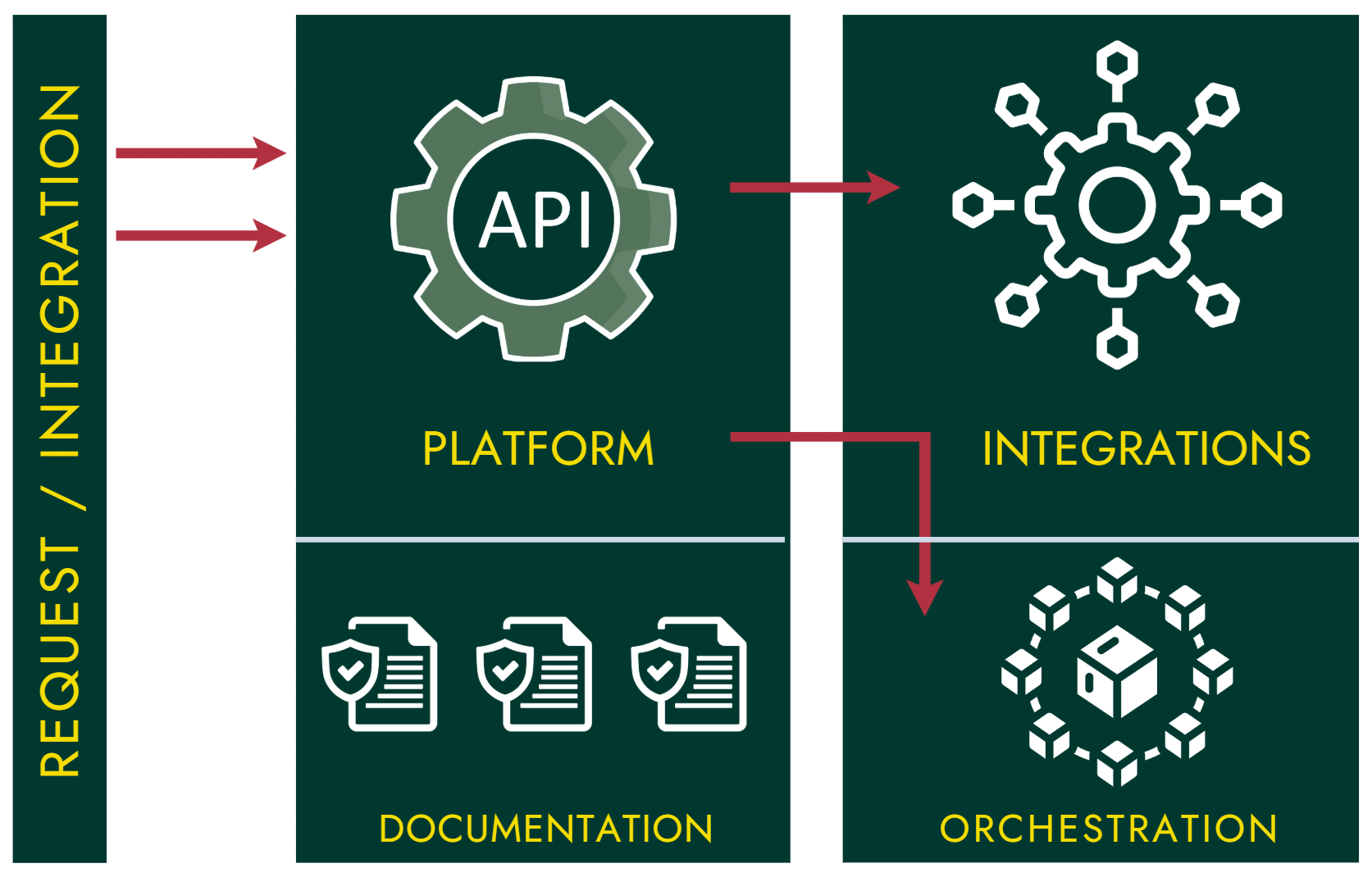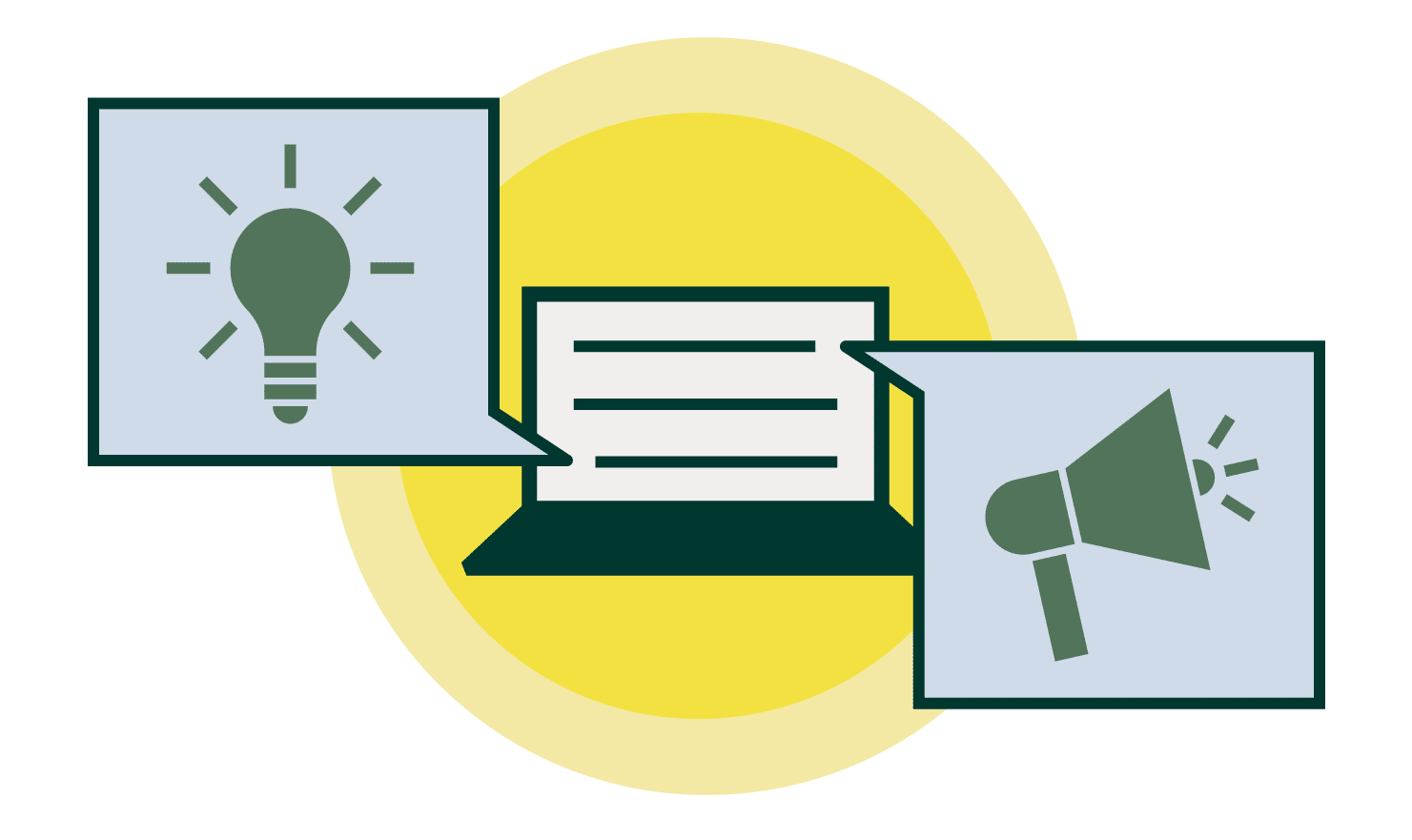As privacy laws tighten and security threats continue to rise, businesses can no longer afford to take shortcuts when protecting sensitive data. They need systems that operate efficiently, and this is where a privacy engineer comes in. These specialists are key to ensuring your systems are secure, compliant, and designed with privacy in mind from the ground up.
In this blog, we will dive into the six key advantages of having a privacy engineer on your team—and why their expertise is more crucial than ever in today’s data-driven landscape.
1. Privacy Engineering Experts Ensure Data Protection & Compliance

Privacy engineers play a significant role in ensuring your organization remains compliant with relevant laws and regulations, such as:
- General Data Protection Regulation (GDPR),
- California Consumer Privacy Act (CCPA),
- Health Insurance Portability and Accountability Act (HIPAA), etc.
These privacy laws set strict standards for how businesses should handle sensitive information.
Privacy professionals specialize in building secure systems that protect personal data while aligning to these legal frameworks. They continuously assess and adjust systems to keep up with regulatory changes, helping businesses avoid costly fines and legal risks.
2. Privacy Engineers Specialize in Privacy–First Systems
Privacy engineers prioritize a “Privacy by Design” approach, integrating protective measures into an organization’s system from the very beginning, rather than towards the end. This proactive strategy enhances security, mitigating the risk of data breaches and preserving sensitive information across an organization.
Looking at a key principle of Privacy by Design that a privacy specialist utilizes is the structure of end-to-end security, which highlights that data is protected throughout its entire lifecycle.
Two important notions under this principle include:
- SECURITY– Securing personal data at every stage of processing, from its initial collection until it is no longer retained or used.
- SECURITY STANDARDS – Adhering to confidentiality requirements, allowing users to update or delete their personal data as well as implementing effective encryption, access control, and tracking the number of views and changes. (Source: Data Privacy Manager Blog)
By protecting data from its collection to storage and then deletion, businesses can build stronger privacy frameworks that efficiently manage their data and empower consumers with control over their information. Privacy experts help demonstrate security risk management and transparency controls, strengthening your data integrity.
3. Privacy Engineers Work to Enhance Consumer Trust & Loyalty
With a privacy engineer’s oversight, organizations can drastically improve their reputation, credibility, and customer satisfaction by demonstrating a strong commitment to privacy and security.
- Simply having a privacy engineering expert on your team gives you a competitive edge, as individuals recognize your dedication to data protection and the ethical standards your organization upholds.
- These professionals focus on ensuring data integrity, reassuring consumers that their personal information is sustained long-term and complies with data privacy laws. This fosters lasting trust between consumers and your organization.
- Privacy engineers also encourage transparency by plainly explaining how customer data is collected, stored, and used. With the integration of clear and accessible privacy policies and practices, a sense of openness is formed with consumers, allowing them to feel informed and in control.
Ultimately, organizations that respect and prioritize privacy will see an increase in customer retention and continued business success.
4. Privacy–Focused Experts Prevent Data Breaches
A key benefit of having a privacy system engineer is their knowledge in mitigating data breaches and safeguarding sensitive information. They conduct regular audits and monitoring to actively identify and minimize potential vulnerabilities within your organization’s data collection, internal processes, and storage practices.
- In the event of a breach, data privacy engineers are quick to respond, addressing privacy issues and risks before they escalate. With their support, your organization’s data security remains robust, up-to-date, and protected across all departments.
- According to Forbes’“Cybersecurity Stats” article, “2023 saw a 72% increase in data breaches,” affecting “343 million victims” globally. This statistic emphasizes the importance of having a data protection engineer on your team, as they not only work to limit cyberattacks from occurring but also help alleviate operational disruption, high regulatory fines, and reputational damage to your business.
As cyberattacks continue to rise, privacy engineers are needed now more than ever.

5. Privacy Engineers Provide Thorough Employee Training
Privacy experts play a critical role in maximizing an organization’s Return On Investment (ROI) through its technology stack. One of their key responsibilities is training employees on how to handle privacy challenges within their day-to-day tasks.
- For example, they educate staff on how to effectively use the technology and tools available, while also explaining how different integrations and connections can impact data privacy processes and controls.
- By understanding the inner workings of systems and applications, combined with their proficiency in managing privacy risks, privacy professionals empower organizations to get the most out of their compliance efforts.

6. Privacy Specialists Offer Practical Advice & Guidance
Privacy engineering experts are essential in identifying vulnerabilities and implementing practical strategies to prevent security and privacy issues. Without their knowledge, organizations can face major breaches and penalties, leaving them exposed, weak, and liable for failing to take the proper precautions.
- Take the 2019 “Privacy Restrictions” case, where the Federal Trade Commission (FTC) fined Facebook $5 billion for violating privacy and data protection laws. The FTC found that Facebook misled and deceived users about the control they had over their personal data. This involved what is being shared and to whom, failure in protecting private information from third-party access, and neglecting previous settlement terms on data handling, specifically, the exposure of millions of people’s data without consent to platforms for targeted ads.
- With Facebook’s lack of management that allows third-party apps to repeatedly access data without proper consent, highlights the need for better accountability, transparency, and improvement on user access control from organizations.
- Had adequate privacy engineering processes been involved, they would have ensured better privacy practices, compliance, and oversight. Their expertise helps organizations manage user data more responsibly, avoid hefty fines, and keep their reputation intact.
- With a solid foundation on how to collect, store, and process data, along with strict controls, regular monitoring, and limited authorization, issues can be identified early on before escalating.
By prioritizing user privacy, giving clearer control, and obtaining explicit consent for data sharing among both internal and external stakeholders, organizations can avoid serious legal and financial consequences. User data should never be an afterthought; it must be handled with care and given top priority.
Key Takeaways
Navigating data protection can be challenging but having a privacy engineer on your team can make all the difference. They ensure your organization remains compliant with global regulations, build privacy-first systems, and create actionable, sustainable plans that maximize your ROI.
By safeguarding sensitive information, mitigating risks, and promoting transparency, data privacy engineers not only protect your business but also strengthen trust with individuals. Their expertise is an invaluable asset in securing your organization’s long-term success.
Need More Advice? Take the Next Step in Privacy Engineering!
Your organization’s data privacy can’t wait. At Myna, we offer:
- Customized Privacy Engineering Solutions
- Compliance-ready Frameworks
- Expert Implementation Support
- Ongoing Technical Guidance
For further expertise and/or additional insights on Privacy Engineering, please explore our Solutions page. Our team of experts are ready to assist you in navigating the complexities of data privacy and in building secure, protected systems designed to your organization’s specific needs for optimal performance.
Ready to secure your data? Book a consultation with our privacy engineering experts today!
Contact Us
References
HIPAA Logo: LogoDix
CCPA Logo: Google Images
GDPR Logo: LoginRadius
Privacy by Design: 7 principles of Privacy by Design and Default – Data Privacy Manager
Forbes “Cybersecurity Stats” Article: Cybersecurity Stats: Facts and Figures You Should Know – Forbes Advisor
Image 4 Source: Forbes
FTC Case Study: FTC Imposes $5 Billion Penalty and Sweeping New Privacy Restrictions on Facebook | Federal Trade Commission





